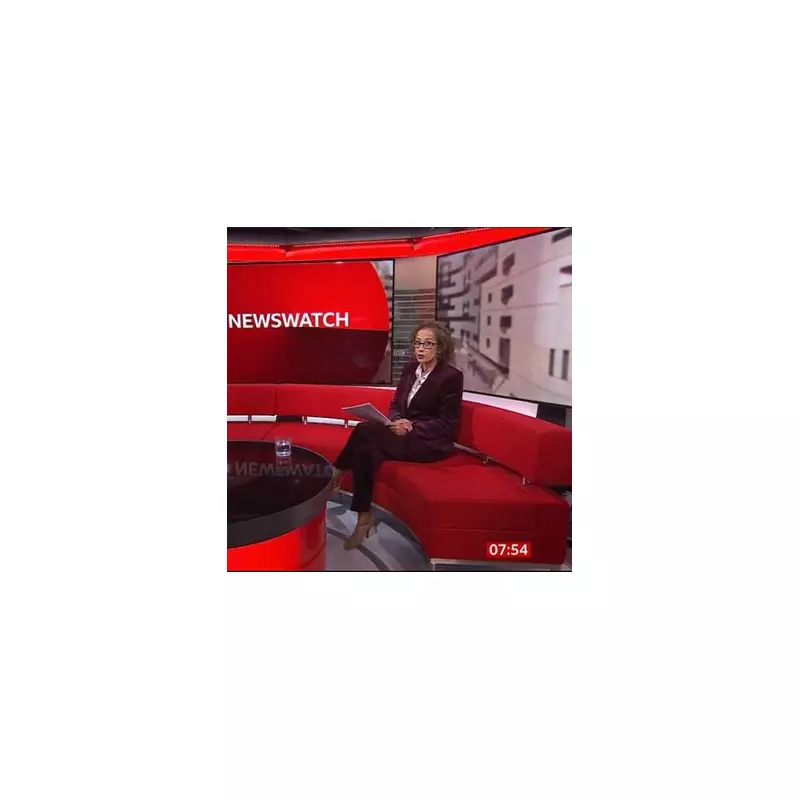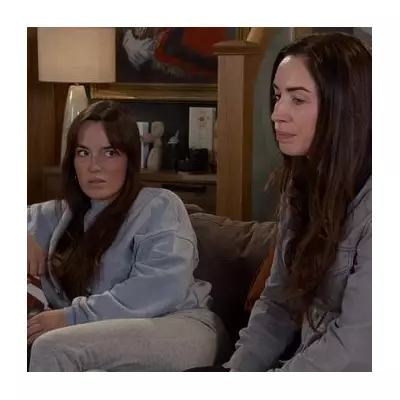
BBC viewers have delivered a scathing verdict on the broadcaster's Coronation coverage, with hundreds complaining that the extensive programming felt overwhelmingly excessive and left them feeling utterly saturated with royal content.
The national broadcaster dedicated significant airtime to King Charles III's Coronation, with multiple channels featuring continuous live coverage, documentaries, and special programmes throughout the weekend. However, rather than being captivated, many license fee payers expressed their frustration across social media platforms and official complaint channels.
Viewer Backlash Gains Momentum
Disgruntled viewers took to Twitter to voice their displeasure, with one stating: "The BBC's Coronation coverage is completely over the top. We get it - there's a coronation. But do we need every channel saturated with it?" Another added: "Switching off the BBC until this coronation overkill passes. Enough is enough."
The criticism highlights a growing divide between the BBC's perception of national events and audience appetite for comprehensive coverage of royal occasions.
Programming Schedule Under Fire
Across BBC One, BBC Two, and the BBC News channel, viewers found little alternative to coronation-related content during peak broadcasting hours. Even regular programming was either displaced or incorporated coronation themes, leaving minimal choice for those seeking different entertainment options.
One frustrated viewer commented: "I understand it's a historic event, but the complete takeover of all BBC channels is ridiculous. Some of us would like to watch something else this weekend."
Broader Implications for Public Broadcasting
This isn't the first time the BBC has faced criticism for its approach to major royal events. The incident raises important questions about how public service broadcasters should balance comprehensive coverage of national occasions with providing diverse content for all license fee payers.
As the dust settles on the Coronation weekend, BBC executives will be carefully analysing viewer feedback and complaint data to inform their approach to future national events.





